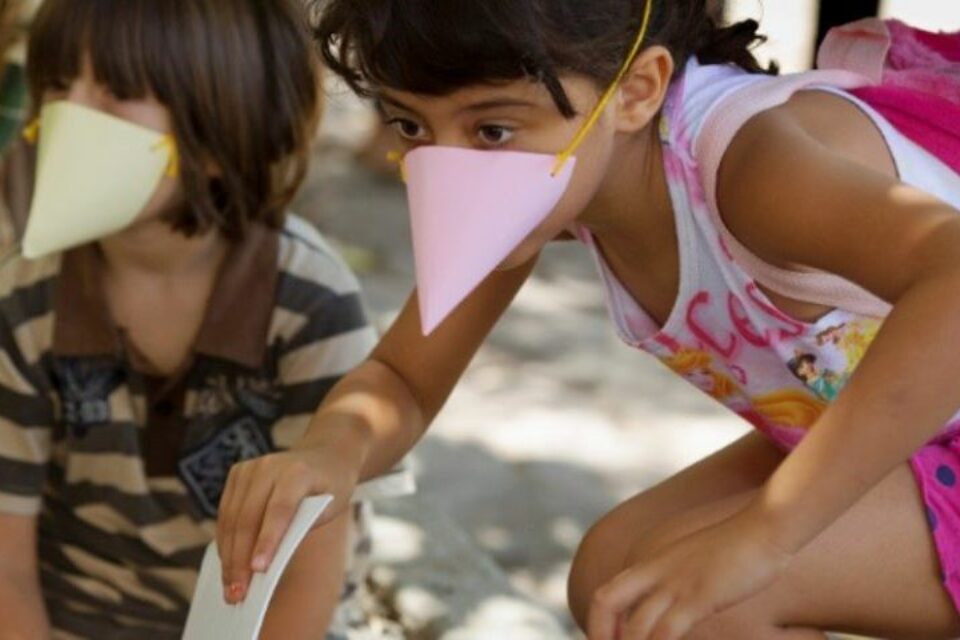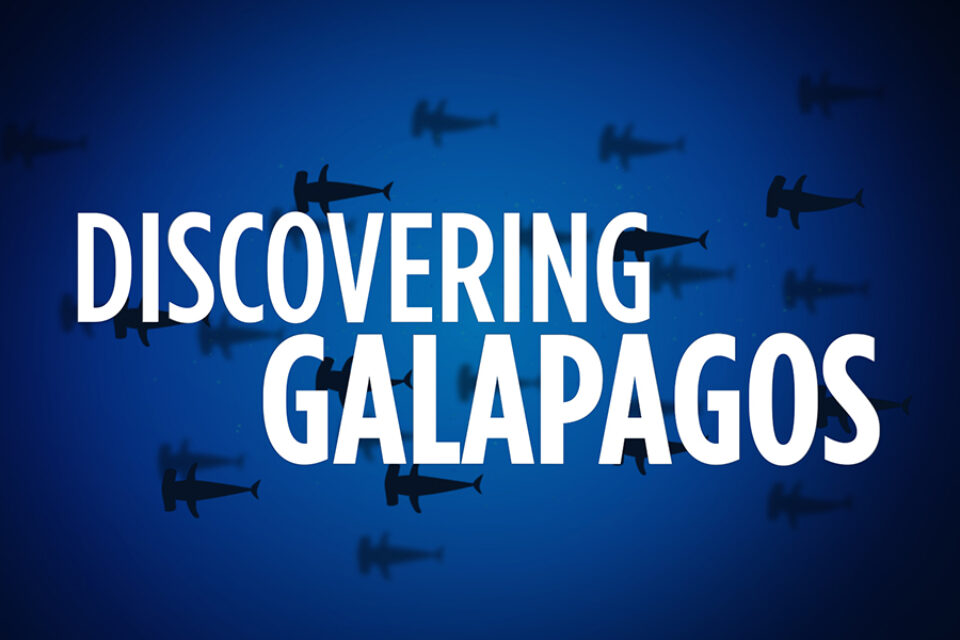

British Science Week 2021 Resources
The theme this year for British Science Week (5 – 14 March 2021) is Innovating for the future, and what better place is there to explore the future of innovation than the Galapagos Islands?
The theme this year for British Science Week (5 – 14 March 2021) is Innovating for the future, and what better place is there to explore the future of innovation than the Galapagos Islands? By using our Discovering Galapagos resources, you can explore how we’re using cutting-edge science and technology to help conserve the unique wildlife and habitats of this ‘living laboratory’.
Our resources can be used for individual or group learning and are suitable for most ages. They can be all used in the classroom or at home by a teacher, parent, or guardian.
Citizen Science Portal
Citizen science is the active participation of the public in scientific research projects. It is a rapidly expanding field. Invigorated by new technologies that connect people, citizen science is an innovative solution to the challenges of processing large amounts of data.
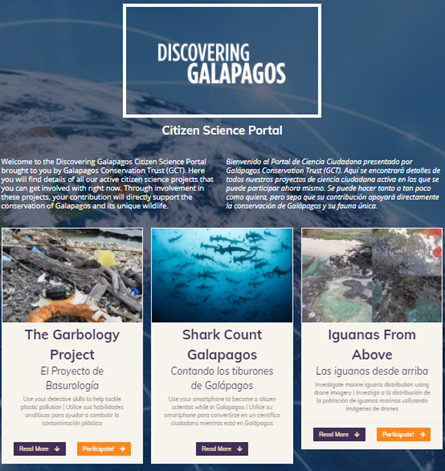
Become a scientist from your classroom or home! Visit our new Citizen Science portal and get involved in our vital marine conservation work. Why not use your detective skills spot marine iguanas using drone images? (All ages)
Discovering Galapagos Citizen Science Portal
Use of tracking devices to inform conservation management decisions
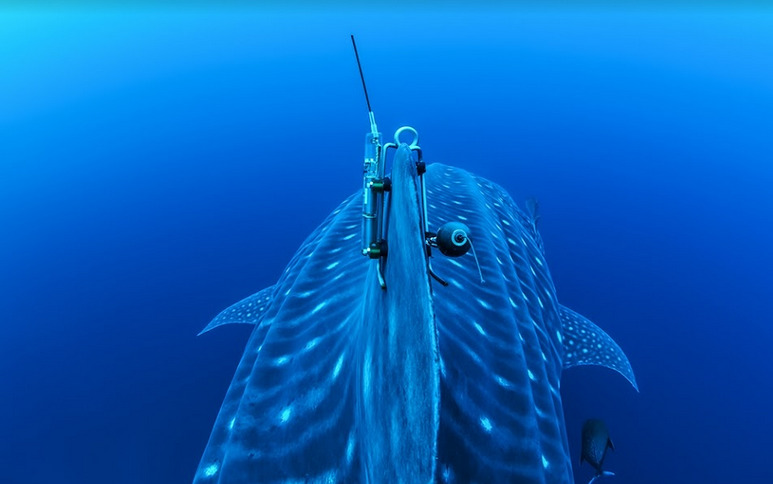
‘Hope’ the whale shark with her state-of-the-art fin mounted tag © Galapagos Whale Shark Project
The whale shark is the world’s largest fish, yet surprisingly little is known about it. We are still to discover where they go to breed, give birth and spend the first few years of their life. These basic life history elements are not only interesting to know but also important if we are to successfully protect this gentle giant. Our ground-breaking research project, the Galapagos Whale Shark Project, aims to deliver some of these crucial insights into their lives.
Get involved this British Science Week with:
Tracking Ocean Giants Using GIS (11-14) – This activity shows how modern technology is used to monitor and track whale sharks in the Galapagos Marine Reserve.
Learning objectives
- Science: Recognise how scientific ideas change and develop over time, and how they influence current thinking.
Students’ outcomes
- To demonstrate understanding of modern scientific research by contributing to discussions and giving their opinion and reasoning.
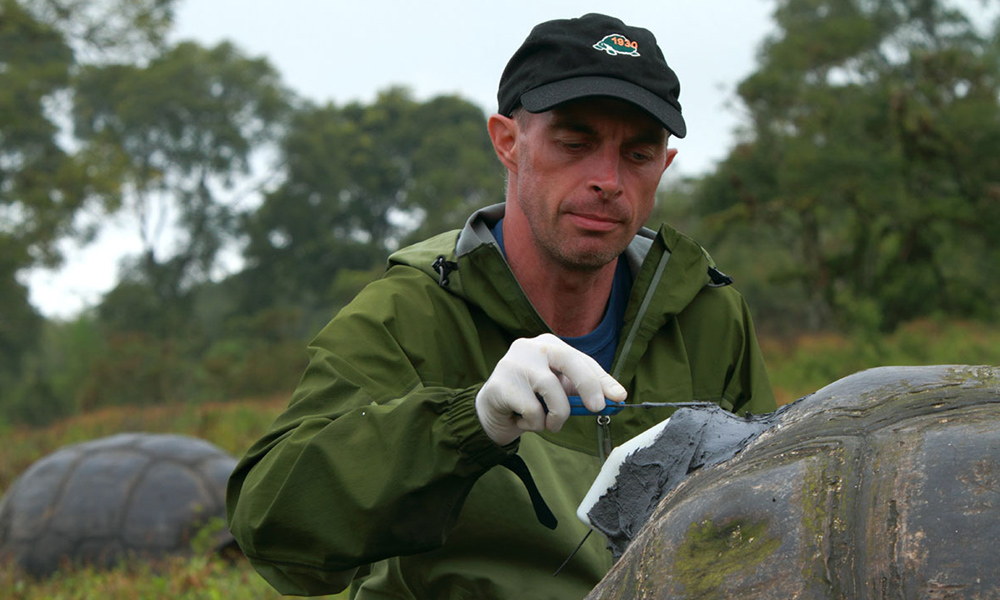
GTMEP scientist Steve Blake tagging a Galapagos giant tortoise © Christian Ziegler
The Galapagos giant tortoise is one of the most iconic species on the Archipelago. Driven to extinction on some islands and the brink of extinction on others, tortoises are slowly recovering but remain threatened. We are supporting the Galapagos Tortoise Movement Ecology Programme to improve our understanding of the ecology of these iconic reptiles in order to inform future conservation strategies.
Get involved this British Science Week with:
How to Track a Tortoise (7-11) – Introduce students to the working life of a conservationist in the field. Find out about scientific research methods used and challenges they face on a daily basis.
Learning objectives
- To learn about how science is carried out in the field and the research methods used.
- To understand the importance of research in aiding conservation projects
Students’ outcomes
- To explain the research techniques that scientists use on the GTMEP.
- To discuss the importance of continued scientific research.
“The wildlife of Galapagos, like wildlife globally, is under constant threat. Our planet needs all the help it can get … but with advances in technology, we can have the edge, which may mean the difference between survival and extinction of some of our most threatened species.” – Sharon Johnson, Chief Executive of Galapagos Conservation Trust
Plastic Pollution
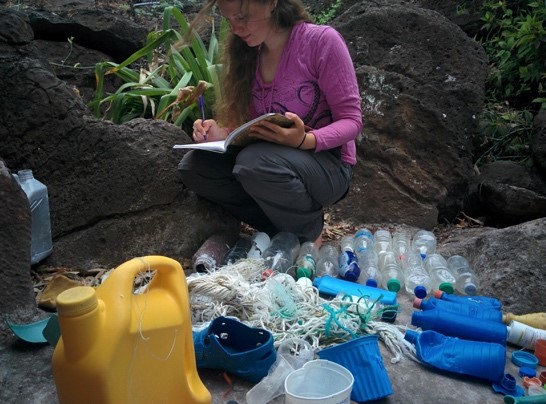
Jen Jones is GCT’s project manager and a PhD student at the University of Exeter investigating the impacts of microplastics on the Galapagos marine foodweb © GCT
Plastic pollution is one of the most pressing issues facing marine wildlife around the world. Whilst the Galapagos Archipelago remains one of the most pristine ecosystems in the world, sadly it is not exempt from the issue. Since 2017, we have been working closely with the Galapagos National Park (GNP) and other partners to understand the best approach to tackle the issue of plastic pollution in the Archipelago. The result was the Plastic Pollution Free Galapagos programme in which GCT brings together an alliance of NGOs, local community and international scientists from the fields of oceanography, marine biology, ecotoxicology, environmental psychology and even archaeology to combine ground-breaking scientific research with coordinated education and outreach to make Galapagos plastic pollution-free once again. Some of the exciting innovations in technology include drones and ocean modelling.
Get involved this British Science Week with:
Exploring Ocean Plastics – A Home And School Learning Resource (7-11) – An exciting set of activities that have been designed for you to do with your child at home or in a school setting.
Find more resources on our Discovering Galapagos Teacher Zone. Search by age group or subject: Science, Geography, History, or Galapagos Focus.
Related articles

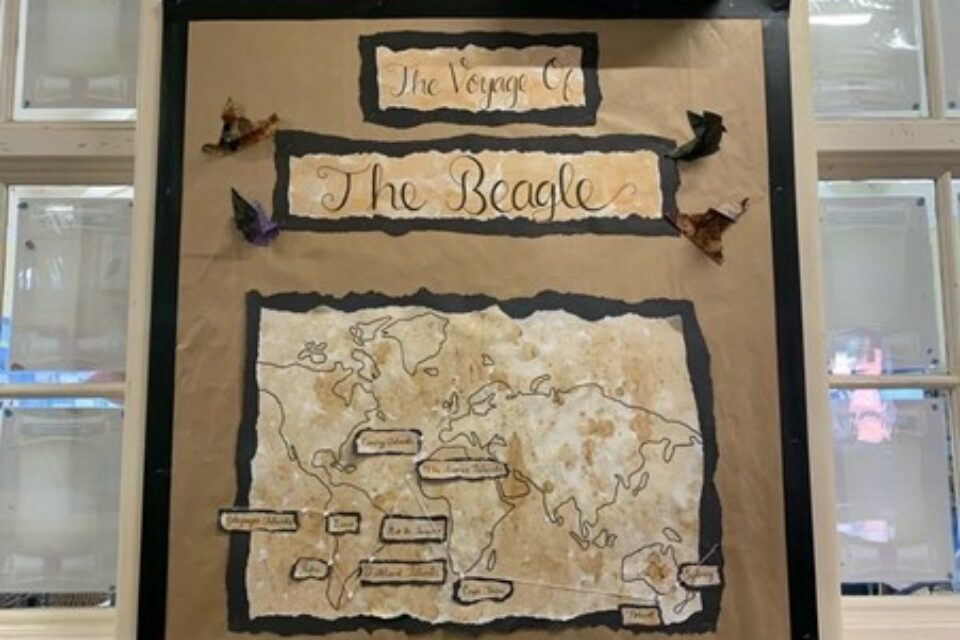
Education and Outreach in the UK
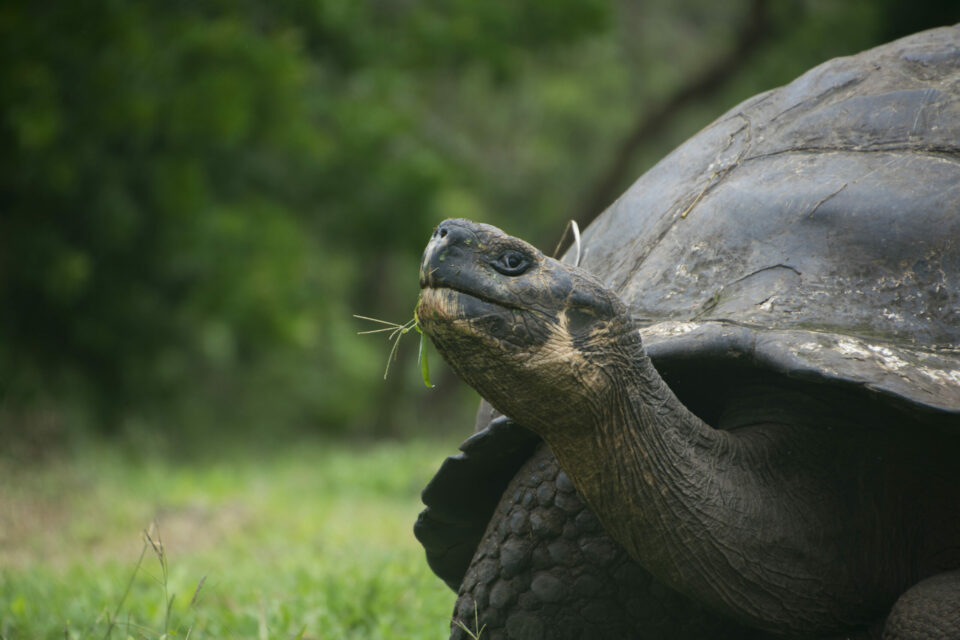
2020 Successes!
